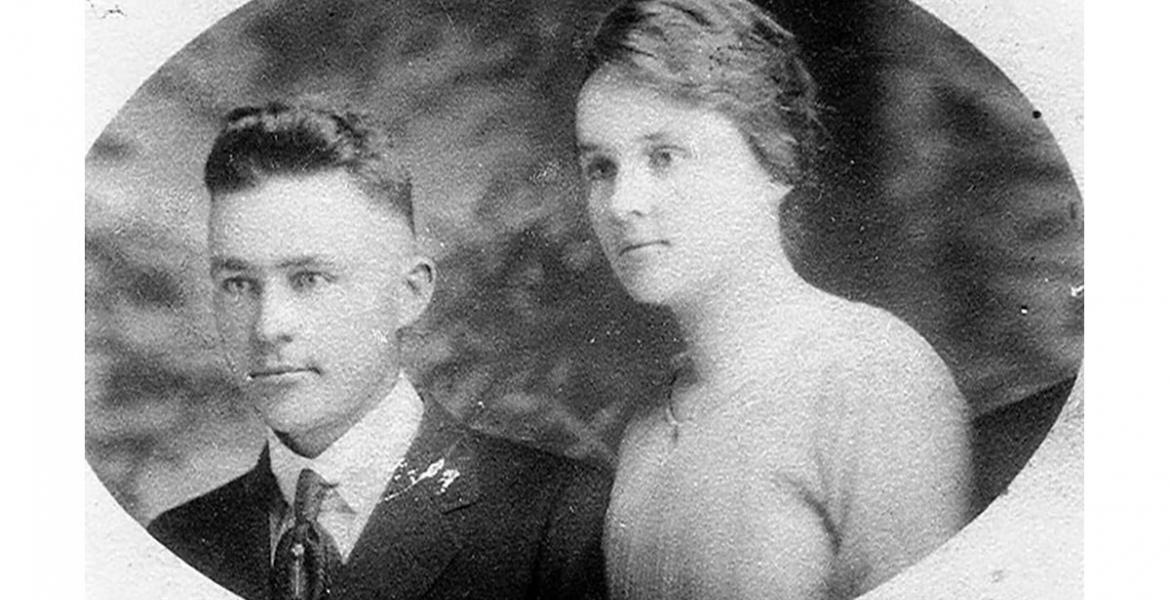OPINION - Voting is a fundamental right in democratic societies, but with that right comes a responsibility. While all registered and qualified citizens should vote, there’s an important caveat: they must educate themselves on the candidates and issues. Casting a ballot without knowing anything about the people running for office or the policies at stake is not only irresponsible but can also distort election outcomes and undermine the will of the informed electorate.
Democracy thrives on the principle of an informed citizenry making decisions in the best interest of society. However, voting without knowledge threatens this ideal. In recent years, we've seen just how significant every vote can be. In the 2000 U.S. presidential election, George W. Bush won Florida by a mere 537 votes, handing him the presidency. A similar situation arose in 2020 when Joe Biden won Georgia by about 12,000 votes, a margin so narrow that uninformed voters could have easily swayed the result. When voters lack an understanding of candidates' platforms or the nuances of policy proposals, they may cast ballots based on emotion, name recognition, or misleading advertisements. This dilutes the thoughtful choices made by those who take the time to engage with the issues.
Uninformed voting is unfair not only to other voters but also to the candidates themselves. Politicians work hard to present their platforms, policies, and visions for their communities, but when voters blindly cast ballots without considering these aspects, it diminishes the electoral process. This can lead to candidates winning based on superficial factors, such as celebrity status or media presence, rather than on merit or the strength of their policies.
Demographics further complicate the situation. Studies have shown that certain voting blocs, particularly younger and less educated voters, are more likely to be uninformed about specific policies or candidates. A Pew Research Center study found that older, more educated voters tend to be more engaged in understanding the issues and platforms. Younger voters, although passionate about change, may lack the depth of knowledge needed to make fully informed choices. When a large segment of the population votes without understanding the issues, it can skew election outcomes in unpredictable ways, potentially disenfranchising those who have done their due diligence.
Moreover, uninformed voting doesn't just harm national elections. Local elections, often decided by a handful of votes, are especially vulnerable. In some cases, local races are decided by less than 100 votes, as seen in numerous mayoral and city council races. These elections are critical as they impact everyday life, from school board policies to public safety decisions. When voters cast ballots without knowing what’s at stake, the results can have long-term consequences for local communities.
Voting is not just a right; it is a civic duty. And like any responsibility, it requires effort. In an age where information is more accessible than ever, there is no excuse for casting an uninformed vote. Simple research, like reading candidates' platforms, reviewing ballot measures, or even watching debates, can go a long way in ensuring voters make educated decisions.
While it is crucial for every eligible voter to participate in elections, it is equally important to recognize that uninformed voting can cause more harm than good. A democratic system depends on the quality of the decisions made by its electorate. Therefore, if a voter is not prepared or knowledgeable about the candidates or issues, it is better to abstain from voting. An uninformed vote not only undermines democracy but disrespects the efforts of informed voters and the candidates who rely on meaningful engagement with the public.
In the end, every vote counts, but it should count for the right reasons—based on informed choices that reflect the will of a thoughtful, engaged populace.
Subscribe to the LIVE! Daily
Required






Comments
Listed By: Rita Repulsa
Young voters, if you hate Trump and believe he's a madman, consider this: If you don't vote for him, he will know, and he will send a TR-3B to your house to fling you off into the cold vacuum while you're huddled in a damp, dark room that reeks of rotten eggs for the rest of your life.
That will just be the experience you're conscious of. The rest of the time, you'll be "spaced out" and used as a low-cost biological "robot" to do menial tasks, though your new "handlers" may decide to pop your—relatively speaking—highly suggestable mind back into full awareness so they can "energetically feed," off of your blubbering, humiliating trauma.
"Energetically feeding," by the way, is New Age woo-woo for "doing shizzle for kicks."
You will have no control over your own memories, or your own internal monologue, your complaints will be brushed aside with masterful gaslighting, and when your body is used up and bruised up like spoiled fruit, it will be dissected and dissolved in a vat. Hope you like big bugs.
You were warned.
- Log in or register to post comments
PermalinkListed By: Ronald Vantine
If you vote for Kamala your taxes will go up due to Trump Tac Cuts expiring, this means everyone will be paying higher taxes, not just the wealthy.
- Log in or register to post comments
PermalinkListed By: sanglo expat
Let's take a look at tariffs as part of the overall discussion...
https://www.pbs.org/newshour/show/a-look-at-how-trumps-plan-to-increase-tariffs-would-affect-u-s-workers-and-consumers
- Log in or register to post comments
PermalinkListed By: Rita Repulsa
Are you guys conversing here for your own mutual edification, for the sake of informed voters, or for the sake of young voters? If it's the last one, just keep in mind that they went to public schools and likely couldn't afford college.
Facts for which the operators of the TR-3B have absolutely no consideration.
- Log in or register to post comments
PermalinkListed By: Ronald Vantine
What happens when you tax corporations more, they layoff employee, they move their assets to a more friendly tax environment, and increased costs on products and services which leads to more inflation.
- Log in or register to post comments
PermalinkPost a comment to this article here: